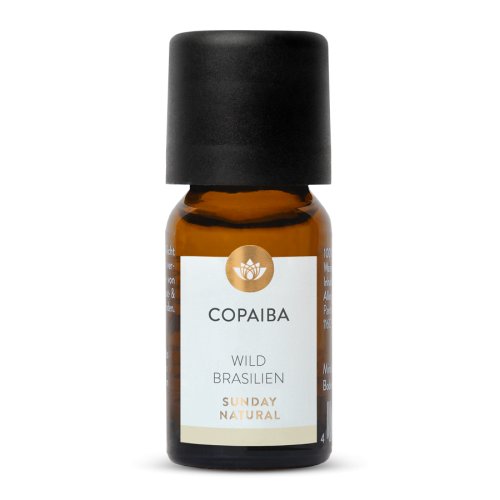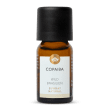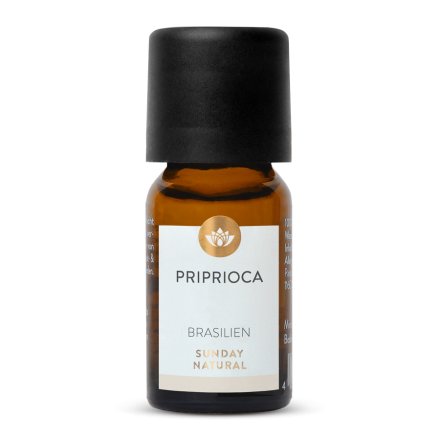Ingredients
100% Natural Essential Oil of Copaifera Officinalis.
Instructions for Use
- Intended for use as room fragrance
- Do not use undiluted
- Keep out of reach of young children
- Individuals currently under medical treatment as well as those who have allergies or are epileptic, pregnant or breastfeeding should consult a doctor before use
- Avoid contact with eyes, skin and mucous membranes
Packaging
Amber glass bottle to protect against light and oxidation (free from plasticisers and BPA).
















